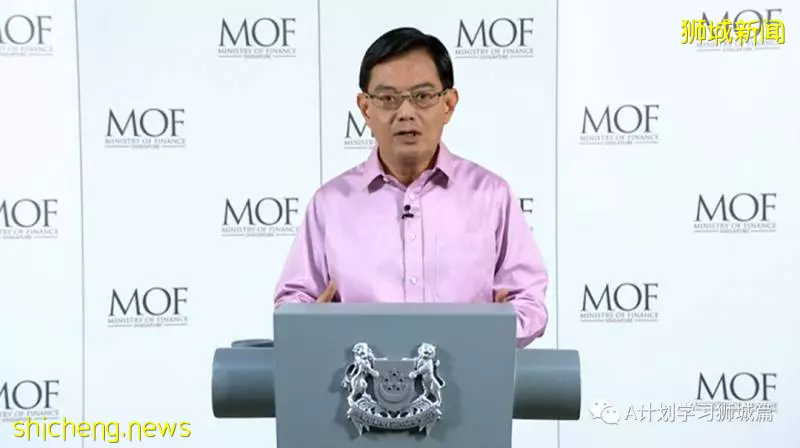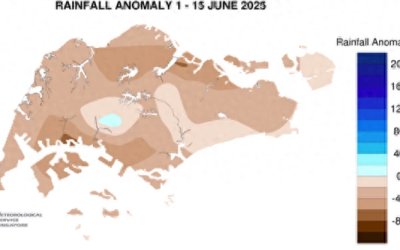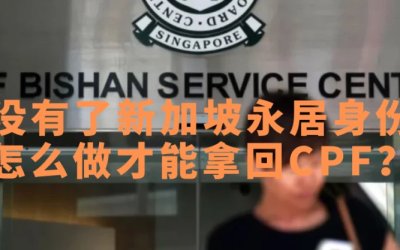
新加坡副總理兼經濟政策統籌部長及財政部長王瑞傑,8月17日下午發表部長聲明,公布為支持企業和員工應對2019冠狀病毒疫情而制定的計劃,包括再推出總值80億元的援助措施。
王瑞傑在聲明中提出三大策略:
第一、繼續支持員工就業,創造新工作;
第二、為受創最嚴重的行業提供較多支持;
第三、在新常態中進軍新興領域,抓住新機遇。

王瑞傑部長聲明全文
新加坡副總理:王瑞傑
各位同胞:
自 5 月底推出堅毅向前預算案以來,全球的冠病病例和死亡人數不斷上升。疫情如 何演變,還有巨大的不確定性。全球經濟遭受重創,情況可能會惡化。
我國和其他國家一樣,經濟復甦還需要一段時間,各領域恢復的速度不一樣。之前, 我在四個月內製定了四份總值大約 1 千億元的預算案,推出了多項援助措施。一些 措施即將到期。有些企業和國人的處境依舊艱難。我能體會大家的心情。
因此,我會再推出總值 80 億元的援助措施,通過三大策略,全力保工作、保生計、 保企業:
第一,我們要繼續支持員工就業,創造新的工作。
第二,我們要為受最重創的行業提供較多的支持。
第三,我們要在新常態中進軍新興領域,抓住新的機遇。
接下來,政府為了繼續支持我們的員工,將延長僱傭補貼計劃四到七個月。但是, 我們不能無止盡的給予同樣水平的援助。我們會根據各行業的預期復甦情況,提供 不同程度的援助。受重創的航空、航天及旅遊業,會獲得較高的僱傭補貼比例。
雖然眼前的形勢嚴峻,但有些領域還是有發展和增長空間。我將推出總值 10 億元 的招聘獎勵計劃,鼓勵有發展潛能的企業提前推行招聘計劃。這將為求職者創造更 多的就業機會。四十歲及以上的求職者也會獲得更大的援助。
疫情當前,我們也會盡全力幫助被裁退的國人和低薪工友,維護他們的利益。
我將延長冠病疫情薪金補貼到今年 12 月。
我鼓勵國人保持開放和進取的心態,借著這個時機自我提升,以適應新的工作要求。
我們也特別關注低薪工友的情況。有些工友在必要領域工作,並在疫情期間做出不少貢獻。較早前,我宣布了政府會發放 3000元的就業入息特別補助,幫助符合條件的低薪工友。現在,我將放寬條件讓更多工友受惠,來包括那 些今年領取就業補助金的國人。
政府提供了廣泛層面的援助。但是,一些行業不可能在短時間內恢復到疫情前的情 況,尤其是那些依靠國際旅遊生存的行業。我們必須鞏固它們的核心能力,並給予 針對性的援助。
因此,我將延長加強版航空援助配套措施到明年 3 月,幫助航空業者抵消營 運成本。
我也會擴大暫時調派航空業員工到其他工作崗位的計劃,讓他們能繼續工作。
我也會派發重新探索新加坡消費券,鼓勵國人在境內遊玩,以行動支持本地 旅遊業者。
后冠病時代的世界將截然不同。疫情加速了結構性轉變的進程。我們要繼續努力, 在經濟轉型上取得成功。所幸的是,政府五年前已經開啟了企業轉型的工作。我們 也推出了轉型及發展策略,深化企業能力,培養國人的技能。勞、資、政三方正在 繼續緊密合作。越戰越勇工作小組與新加坡群策群力行動聯盟已在試行創新點子, 幫助企業把握新機遇。政府也在探討如何讓受影響的國人繼續得到扶持。
如今,疫情改變了世界格局。我們必須求新求變,適應新常態。未來,我們更是要 大膽地尋找新突破,一起前進。雖然接下來的道路充滿未知,但只要我們奮鬥到底, 必能守得雲開見月明,變得更加堅韌團結。

英文聲明全文:
My fellow Singaporeans.
Since I delivered the Fortitude Budget in May, the pandemic has continued to rage on in many parts of the world. The number of COVID-19 infections around the world has more than tripled to over 21 million.1 More than 750,000 lives have been lost. The resulting economic impact has been severe. The global economy is projected to contract by 5% this year2. In Singapore, we experienced our worst quarterly performance on record – a 13.2% contraction year-on-year in the second quarter of 2020.
The Government has dedicated close to $100 billion over four Budgets to support our people and businesses in this crisis. We mounted a robust and swift response. We implemented measures to save lives, and to support workers and households. We also introduced measures to help tide businesses over this difficult period, retain their employees, and preserve core capabilities.
Our COVID-19 situation is now under control. The Multi-Ministry Taskforce is working towards resuming more activities in a safe and sustainable manner.
However, the global economy remains very weak. Much will depend on how well countries contain the spread of the virus. An effective vaccine, even if found, will take time to be produced and distributed. Some countries have re-opened only to experience new waves of infection. These have further set back their economic recovery. We must continue to be vigilant. Safe management measures and restrictions on international travel will be with us for some time.
I have been listening to residents and workers share their anxieties on job security and loss of income. Business and union leaders have also spoken about their efforts to retain workers and help them upskill or retrain. Regardless of your circumstances, the Government will help you to rebuild from this crisis, working in close tripartite partnership.
Together, we must continue to adapt to the rapidly changing situation. We designed our measures to give us flexibility for adjustments as the crisis progresses. Some of these measures are ending soon. It is therefore timely for us to advance our strategies in three areas. First, we will continue to support jobs and create new ones. Second, we will provide further support for sectors which are hit the hardest. Third, we must position ourselves to seize growth opportunities in a post-COVID-19 world. Let me elaborate on each of these.
Continued Support For Workers and Jobs
Protecting Jobs
First, we will continue to protect jobs and create new opportunities for our workers.
We launched the Jobs Support Scheme, or JSS, at the start of the pandemic with one clear goal – to protect jobs. Since then, over $16 billion of JSS payouts have been disbursed, benefitting
over two million local workers in more than 150,000 firms. While the unemployment rate has gone up, we have so far managed to keep it below the peak levels seen during SARS and the Global Financial Crisis3.
The JSS currently covers the wages of employed workers up to August 2020. I will extend the JSS by up to seven months, covering wages paid up to March 2021.
However, we cannot sustain the JSS at current levels. It draws heavily on our reserves and risks trapping our workers in unviable businesses. Some sectors are also recovering faster than others. I will therefore adjust support based on the projected recovery of the different sectors.
Firms in the aerospace, aviation, and tourism sectors have been hardest hit. I will provide support at 50% wage levels for seven more months. For the built environment sector, I will provide 50% wage support for two more months, before lowering to 30% for wages paid up to March 2021. This is in line with the phased resumption of construction activities. The arts and entertainment, food services, land transport, marine and offshore, and retail sectors will receive 30% wage support, also for seven more months. For the large majority of the remaining sectors, I will provide 10% support for seven more months. For the few sectors that are managing well, such as biomedical sciences, financial services, and ICT, I will provide 10% support for four more months, for wages paid up to December 2020. The full details will be on the Singapore Budget website.























